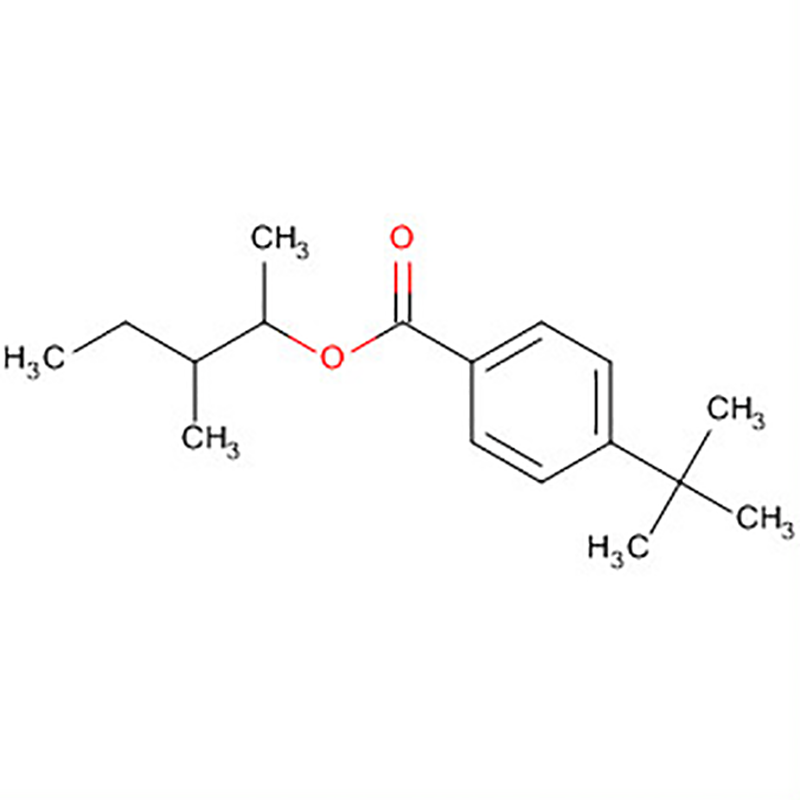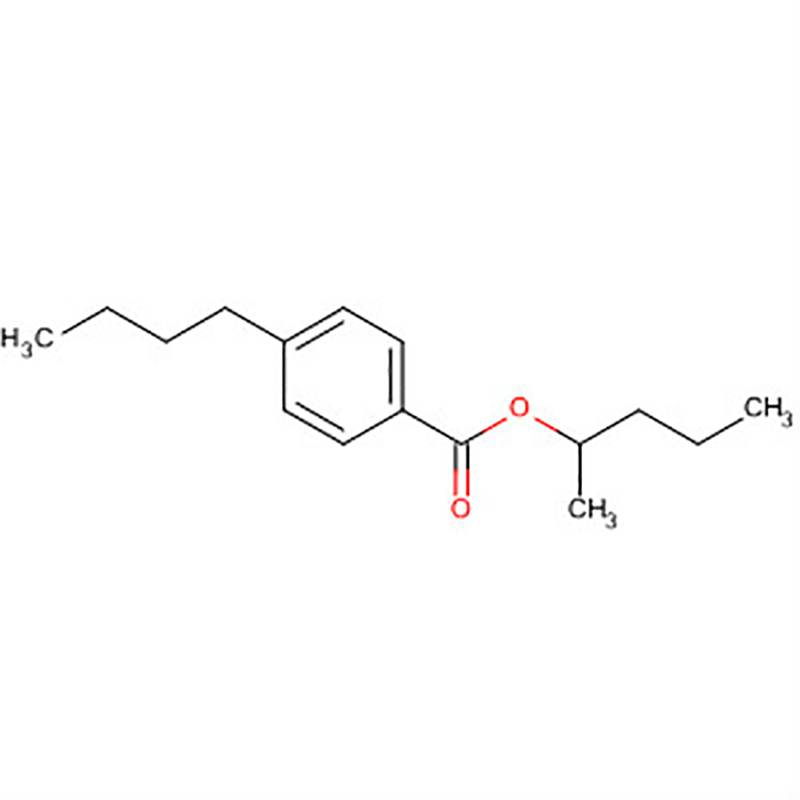-
Categories
-
Pharmaceutical Intermediates
-
Active Pharmaceutical Ingredients
-
Food Additives
- Industrial Coatings
- Agrochemicals
- Dyes and Pigments
- Surfactant
- Flavors and Fragrances
- Chemical Reagents
- Catalyst and Auxiliary
- Natural Products
- Inorganic Chemistry
-
Organic Chemistry
-
Biochemical Engineering
- Analytical Chemistry
-
Cosmetic Ingredient
- Water Treatment Chemical
-
Pharmaceutical Intermediates
Promotion
ECHEMI Mall
Wholesale
Weekly Price
Exhibition
News
-
Trade Service
5-Amino-3-pyridinecarbonitrile (ACCN) is a chemical compound that has been widely used in the chemical industry for various applications.
It is commonly used as a building block for the synthesis of pharmaceuticals, agrochemicals, and various other chemicals.
ACCN has also been used as a reagent in organic synthesis, as a catalyst in polymerization reactions, and as an intermediate in the production of dyes and pigments.
Despite its widespread use, there are concerns about the safety of ACCN.
In this article, we will examine the potential risks associated with the use of ACCN in the chemical industry and discuss how these risks can be mitigated to ensure the safety of workers and the environment.
Potential Health Risks of ACCN:
- Cancer: Studies have suggested that ACCN may be carcinogenic in nature and may increase the risk of cancer, particularly in the liver and lungs.
Long-term exposure to ACCN may also increase the risk of leukemia and other types of cancer. - Reproductive Toxicity: There is evidence to suggest that ACCN may be harmful to the reproductive system and may cause birth defects, particularly in the developing fetus.
It may also cause damage to the testes and sperm production in adult males. - Neurological Effects: ACCN may be neurotoxic and may cause damage to the nervous system, particularly in cases of long-term exposure.
It may cause symptoms such as tremors, confusion, and memory loss. - Skin Irritation: ACCN may cause skin irritation, particularly in cases of prolonged exposure.
It may cause redness, itching, and blistering of the skin. - Respiratory Problems: ACCN may cause respiratory problems such as coughing, wheezing, and shortness of breath.
Prolonged exposure to high levels of ACCN may cause lung damage and may increase the risk of lung cancer.
Precautions for Safe Handling of ACCN:
- Personal Protective Equipment (PPE): Workers handling ACCN must wear appropriate PPE, including gloves, safety glasses or goggles, and a respirator.
- Proper Storage: ACCN should be stored in a cool, dry place and should be stored away from heat, sparks, and sources of ignition.
- Proper Disposal: ACCN should be disposed of in accordance with local regulations and should not be dumped into the environment.
It should be disposed of in a safe and responsible manner. - Safety Training: Workers handling ACCN should receive proper safety training to understand the hazards associated with the chemical and how to handle it safely.
- Emergency Response Plans: Chemical plants handling ACCN should have emergency response plans in place in case of accidents, spills, or other emergencies.
Conclusion:
5-Amino-3-pyridinecarbonitrile (ACCN) is a versatile chemical compound used widely in the chemical industry.
However, there are concerns about its safety due to its potential health and environmental risks.
It is important for chemical plants handling ACCN to take necessary precautions to ensure the safety of their workers and the environment.
By following proper safety procedures, we can minimize the risks associated with ACCN and ensure a safe and sustainable chemical industry.







